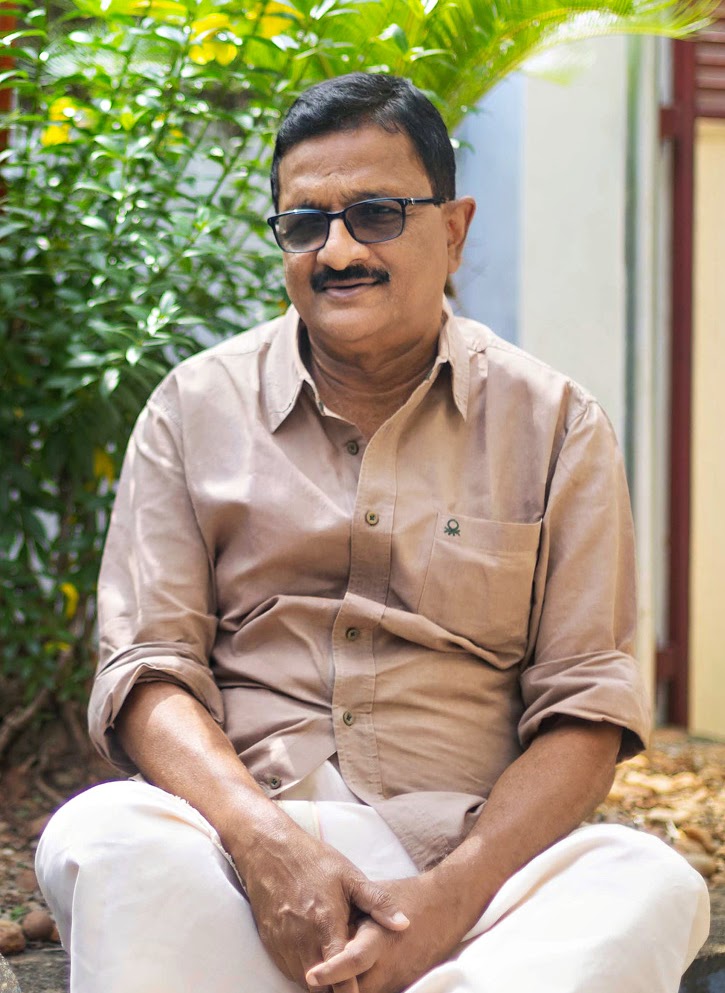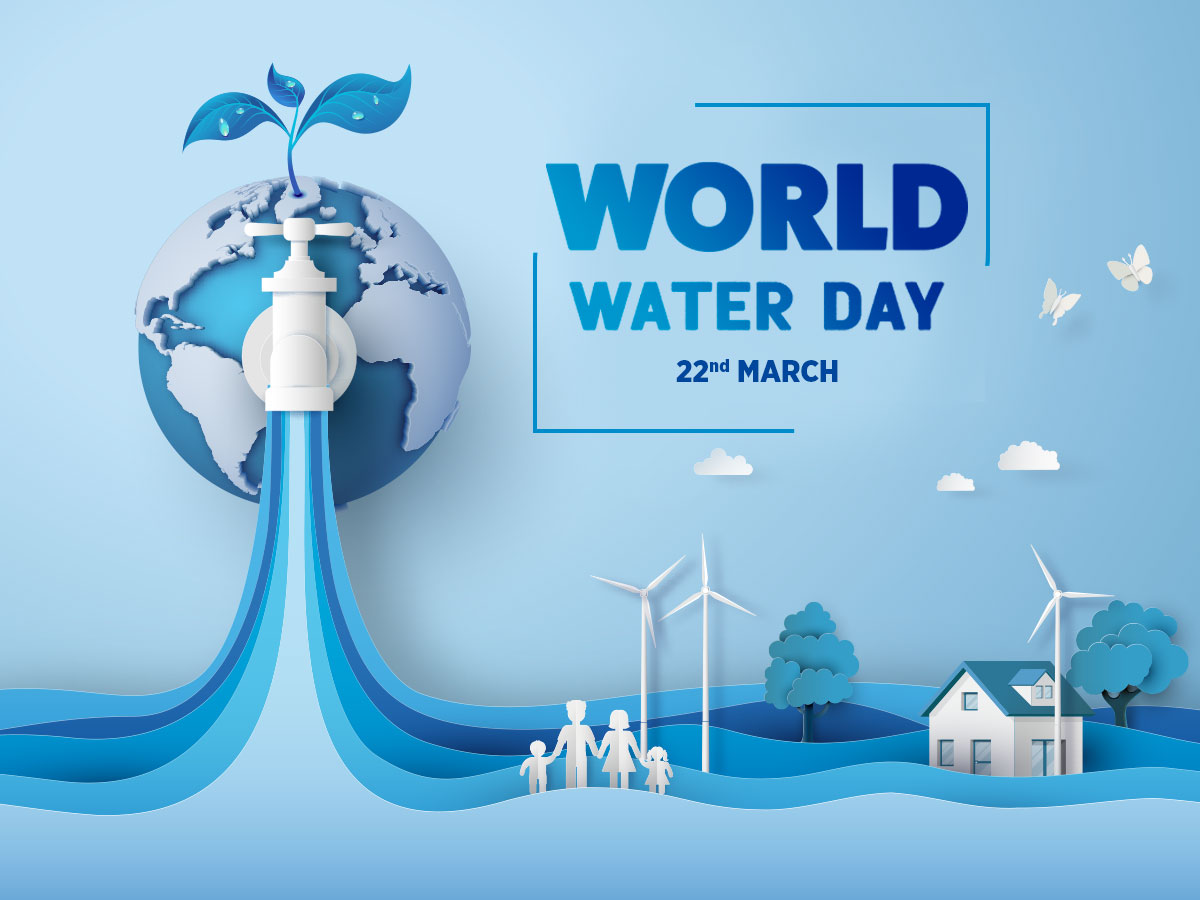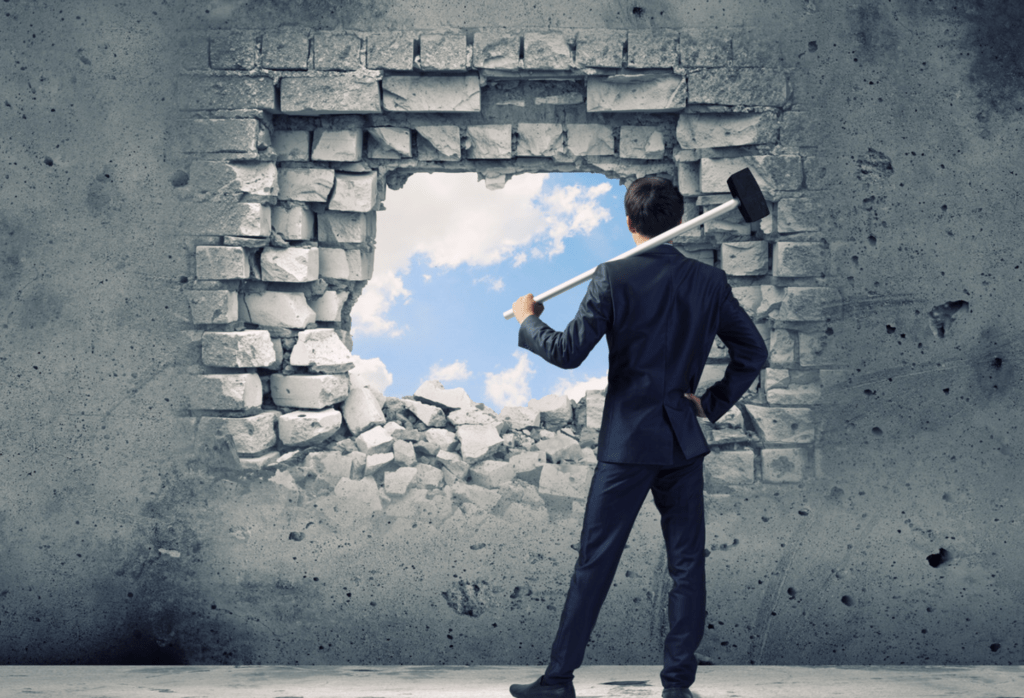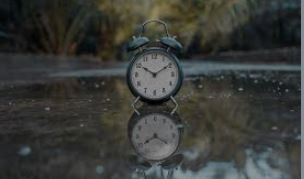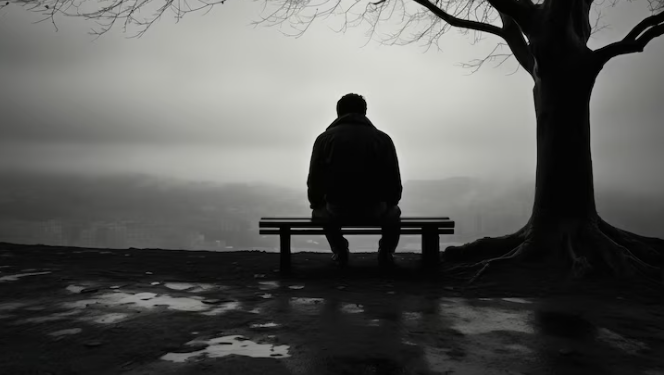
Who am I?
“Our identity should be seen as an ongoing process. Rather than a static snapshot, we should embrace a flowing sense of self, whereby we are perpetually reframing, reorganizing, rethinking, and reconsidering ourselves. We become us when we interact with them that’s around and with the very earth that gave us all.” Mel Schwartz L.C.S.W in A Shift of Mind
“Who am I?” is a question that any reasonably educated person with a thinking mind would have asked himself, at least once in life. It was a conversation with Dr. Lakshmanan S, IAS that prompted me to think along these lines. However before I proceed with my thoughts on this matter, a few word about the man who prompted this line of thought. Dr. Lakshmanan S, IAS, Mission Director of National Health Mission, and currently posted in Assam was a doctor by profession and was a doctor at Regional Cancer Centre, Trivandrum. A person with down to the earth attitudes and a ready mind to reach out with assistance in anything worthy, he is a member of Swasthi Foundations Advisory Committee. This man has been behind a pillar of support for many a worthy project that Swasthi had embarked upon.
So coming back to the question – we are all born with nothing as our own. We all leave taking along nothing at all with us. This is the universal truth that is true for the King and the Pauper. So what then is the purpose of what we call life? When do we realise the purpose of our life and when do we fulfil it? There are a thousand aspects to this thought. A person can look at the spiritual aspect of this question, something that all majo0r religions have tried to answer through the invocation of religious texts and instigating the belief and following of the Divine. This perhaps had kept a large chunk of humanity on the track for millennia and had to some extent served a purpose.
The next aspect is the social one. Living as a society, we have devised many forums or platforms for the answering and fulfilment of the same. We built institutions like the family, friend circles and societies, not to mention religions. We installed our sets of rights and wrongs, do and do nots, that influence our interactions with one another. We also installed laws and systems to control our dealings with one another. These perhaps were the initial building blocks of nation states and the need for governance.
Then there are the psychological aspects. Your lack of understanding of yourself is one reason why your life seems like a purposeless expedition. Experiences make no sense if they do not point at an objective. There are countless people who choose to end lives or waste their time of earth through indulgences like alcoholism and drug abuse. There are no institutions that responsibly help people realise the reality and make sense of the whole thing.
However the aspect of my discussion here is the commitment side of human existence. What am I in respect to my deeds and commitment to the lives and wellbeing of those around me? What have I given unto the world, what I owe? What is that little thing that I leave behind on the earth when I leave empty handed? Did I hurt the nature or help preserve and rebuild the earth and the nature?
These questions are asked at various venues. There are a million high sounding discussion, spoken with just the mouth but not the heart. Very much is said about what needs to be done but very little has been said at these venues about what has been done. Everyone is vocal about what need to be done. But how much have they contributed to it, is a question that is never asked. These people who wax eloquent about the need for social commitment are in reality never seen wetting their own hands.
Litterateurs, poets and intellectuals who write about the need for our involvement in causes social, environmental and behavioural are praised, their works awarded. They become messiahs of great messages for the betterment of human life and the existence of our earth. They adorn positions in the minds of people, pretty much akin to that of a saint or guru. They are considered as inspirations and trend setters. Yet never is the question asked – do they lead by example? Did the poet who wrote, decrying the inept handling of the miseries of a poor section of the society ever step out and give even one person a hand of help? Has the acclaimed writer of environmental issues and one who has spoken at length of the evils of deforestation, gotten his hands dirty by planting a tree in his backyard, unless it is for something that will fetch him some form of gain. The answer to all these questions is a most emphatic no. These table top messiahs have nothing to give and never do they ever step out to do what they advise the populace to do. Indeed, these people are the true examples of dual standards.
Today we see a society that is guided only by one principle. It is the search for the ever elusive success. There is nothing that ever satisfies them. They go from one to hundred and from hundred to a million overnight depending on the quantum of their success. The more they gain the more they want. Yet the millions they make stays in bank lockers and in investments in unheard locales. The efforts the put in are only for themselves and those close to themselves. Their time is considered wasted if it is used for someone else, other than themselves. And of course all creativity they possess will enrich their own coffers, never them that are in need. The poor man staying next door, with a starving child and a suffering wife is no matter of concern for him. He has nothing to give unto the society, one that had given him all he has and all he gained. If only he thought back on the fact that it was the society around him that helped him built his fortune. It needs to be remembered that the poor man purchasing some essential pays exactly the same tax that he himself pays. It is this universal contribution that he uses when he uses public utilities, more so than the poor man.
It is not only the thoughtlessness or lack of social commitment that needs to be mentioned here. Resources, even at a national of international level is limited and not without an outer boundary. No nation can have unlimited wealth or essential resources, however much it is endowed with. So when a person corners massive quantities of these limited resources, and does not employ it in a manner that benefits the society, he literally is hoarding what should rightly belong to the world at large. Something that could help build a better society. In short, when you keep money dead in a bank locker, you are denying the world the use of this valuable chunk of resources and in truth doing the world a criminal disservice.
To such people, the question who are you would yield only one answer- I am the idiot sitting atop a pile of stuff that will eventually serve me no purpose. No king ever went to his grave with his crown and sceptre. When you breathe your last you lose even your own identity. You become a piece of dead flesh, to rot in a grave or burned to ashes on a pyre. All human lives are literally a journey from nothing to nothing. Whatever you become and gain in between is a temporary grip on something that hardly belongs to you. In reality all you have the right to as a human are but a handful. Food for sustenance, clothing to hide your nudity and shelter to protect you from the elements. Social living has imposed on us the need for other essentials like education, health care and protection of the law. Anything other than that is something that you hold on for the purpose of bettering humanity, which gave you life, the nature that gave you all resources you need and use, and the nation that gave you your identity. It is truly not something to pile up and keep locked up in lockers. It is not stuff to use for fancy purchases like stretch limos and mansions. And most certainly not for the purpose of hosting elite parties to boost our own acclaim.
Every religious line of thought has a line to suggest about society and your commitment to it. Biblically, the one that fits the picture best is the Book of Job (joHb). The story has it that he as a rich and prosperous man lived in a society that respected and adored him. Bestowed with a lovely family, he was the epitome of all that a human could desire. Yet one day all is taken from him and he is loses all, including his family and even his own health and wellbeing. Friends of his, from the days of wealth entice him to give up faith, but he refuses and stays faithful to God who ultimately gives him many time more. A lesson to all is that everything one has belongs to the Universal Power and not to oneself. It can be taken away any time and may or may not be returned to you. It is but your commitment to God and in reflection to God’s creations, the society that ultimately matters. It is most definitely not about how much you made, how much you have or how much you kept for yourself. It is about what you did with what you gained and whom you shared it with that makes all the difference. You could well be Job or be the selfish individual following the diktats of evil forces like Satan. But it would serve you well to remember that all that you are and all you have could disappear in a trice, leaving you with nothing but the life you were born with. Even an agnostic would agree that whatever you have can be brutally taken away materially but what you gave will leave an indelible mark of love and good will in many a mind. This may well be the only thing that is left for you in the moment it matters.
Them that live in a world of their own self, with scant thought for those around, here is an answer for the question “Who am I?” You are the ultimate bane on the social conscience. You are a wasted bit of humanity, that got more than it deserved and you definitely are not he great thing that you consider yourself to be. If ever in every sense you want to know why the psychological quote is mentioned, it is to tell you that unless you let yourself be of service to those around you are but a source of embarrassment to the entire idea of creation and have never ever grown up to realise your very self.
When you ask yourself the question “Who am I?” or ask the reflection in the mirror “Who are you?” be sure you face the truth. Did you or did you not, give unto the world around what the world gave you. Or are you only a thief who stole and hid, what belongs to all – Effort, Time, Creativity, Financial and Material Resources and ultimately Good Will to all. Did you ever see the tears in the eyes of those that suffer and have you held a hand out to the person in need of help. Did you? If you can answer with a clear conscience, “Yes”, then you are the man you claim to be, if not, then you are the human animal, no better than the street dog that seeks only for itself.
I have asked myself this question. I know that my priorities have shifted. I have grown through learning and helping others learn. I have shaped my thought not by seeking for myself but by seeking to do unto them that needs. I do not claim to be a saint nor have I kept a picture of myself on the mantelpiece. I have allowed those around me, those I have reached out to do the assessment. They have allowed me to claim that I am a Man. Not a human animal. I have no qualms in answering the question to myself.
After all the one person to whom you owe the answer is yourself.
